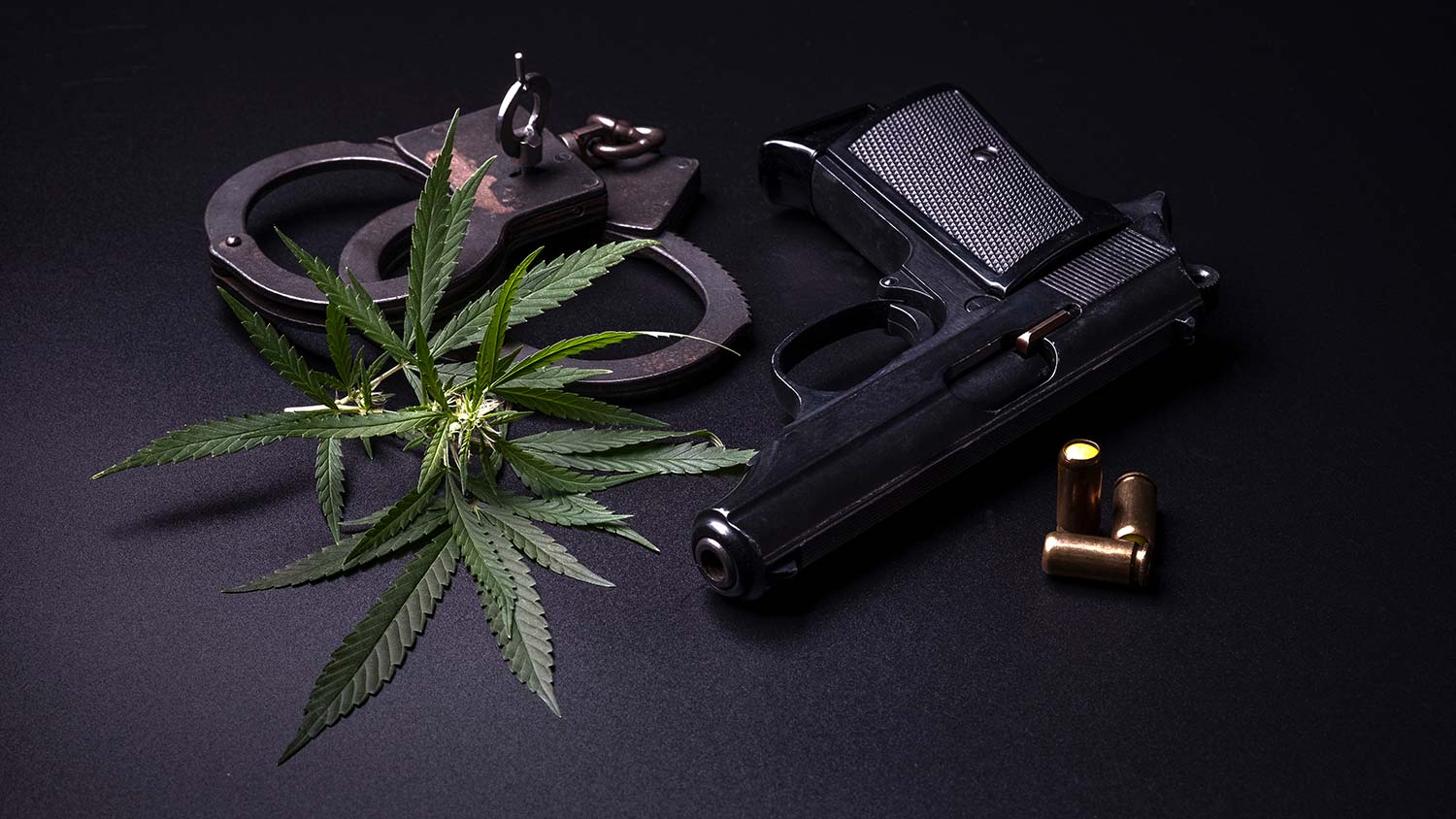On Wednesday, the Fifth Circuit Court of Appeals issued its decision in Daniels holding that 18 U.S.C. § 922(g)(3)—a federal law barring anyone from possessing a firearm if he or she is an unlawful user or addicted to any controlled substance—violated the Second Amendment under N.Y. State Rifle &Pistol Ass’n v. Bruen, 142 S. Ct. 2111 (2022), as applied to Daniels.
What does “as applied to Daniels” mean? Well Daniels admitted to smoking marijuana (or “marihuana” as the Fifth Circuit says) multiple days per month. Technically, that brings him within the boundaries of § 922(g)(3), which prohibits anyone “who is an unlawful user of or addicted to any controlled substance” from possessing a firearm. But, he wasn’t high when he was arrested and the government presented no evidence of the last time he smoked marijuana. What the Fifth Circuit has said is that 922(g)(3) is unconstitutional when applied to the circumstances of Daniels’ case. So essentially, 922(g)(3) is unconstitutional when it criminalizes possessing a firearm for someone who is a habitual smoker of marijuana, but wasn’t high at the time of his or her arrest and the government can’t show when they last got high.
Why did the Fifth Circuit rule this way? Well because of the Supreme Court’s decision last year in Bruen. In Bruen, the Court struck down New York State’s law requiring “proper cause” to receive a permit for carrying a concealed handgun. The decision held that, under the Second Amendment, any firearm regulations must have some basis in the country’s “historical tradition of firearm regulation.” When applying this standard to Daniels’ conviction, the Court held that “our history and tradition may support some limits on an intoxicated person’s right to carry a weapon, but it does not justify disarming a sober citizen based exclusively on his past drug use.”
This is just one of a number of cases that have come up in the little more than a year since the Bruen decision was released. As part of its October 2023 docket, the Supreme Court will consider United States v. Rahimi and the question of whether the Second Amendment allows for 922(g)(8) to prohibit the possession of firearms by persons subject to domestic-violence restraining orders. Unlike Daniels, the Rahimi case involves a facial challenge—meaning that if the Court sides with Rahimi, 922(g)(8) will be struck down totally, not just for the particular circumstances present in Rahimi.

